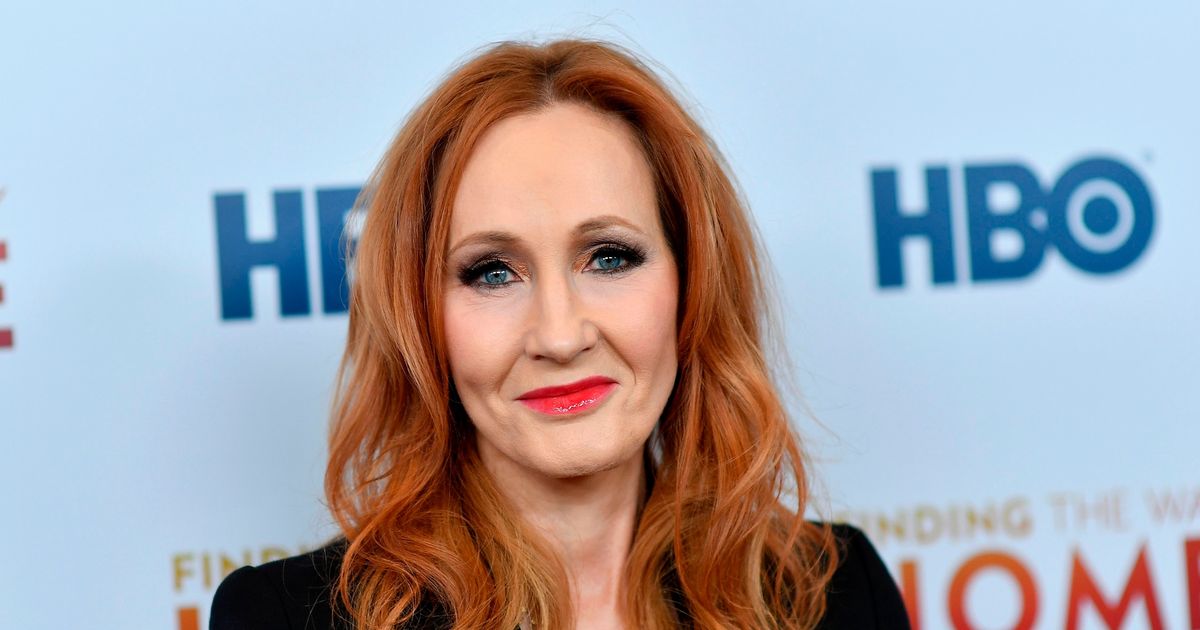"This was not challenged by the presenter despite the fact that it has never been proven that Ms Rowling has said anything transphobic in her career."
State-funded media, people.
:ukkk: :ukkk: :ukkk: :ukkk: :ukkk: :ukkk: :ukkk: :ukkk: :ukkk: :ukkk: :ukkk: :ukkk:


well the BBC 'apologises' after the fact in order to avoid accusations of bias (going against its charter) and possible legal issues. They qualify with "never been proven" because they mean its never been to court.
the BBC is an institution of course, and agrees with the institutional attitude in the UK toward trans issues, which is informed by UK medical institutions. There are factions within the broader institution of the British state of course, including the anti-trans culture warriors, but they don't get to involve themselves in UK state policy towards trans issues beyond the media circus, unless they somehow infiltrate the UK medical institutions.
however, the BBC routinely acts like this - goes against its charter to promote something the state wants and then apologises after the fact. In this case, it 'cheated' in order to promote a particular view, and then did its usual covering apology, knowing that people won't pay attention to the apology but instead the initial claims made on the radio segment.
state funded media is actually good, or at least better than private interest funded media. Of course, since the UK state is bad, the BBC is also bad, at least in a general sense.
You shouldn't pay a TV licence in the UK because its an extra tax on propaganda by the ruling elites and because of the BBC's institutional paedophilia. But don't bother with their link to tell them you don't need to pay it, just don't pay it . They don't enforce it anyway beyond sending letters, and if they do turn up they can't check if you watch tv so its not like they can do anything about it.
i'm an ameroid and for quick, hard data about developing global events (the earthquake in turkey/syria), i often end up having to use the BBC to get at reporting. in this example, first 3 links from a search about the earthquake to yank media were all hard paywalled. and while i could use the archive site to get around it, i was on my phone and i just wanted to see the geography and see some current numbers quickly. but instead i get big modals obscuring the screen telling me to pay $4/month to some billionaire to prevent democracy from dying.
our public supported media (NPR/PBS) sometimes take a while to get it in gear and has problems, but fully agree that shitty state media has a lot more value than private bullshit.
it isn't quick, or at least not initially to find, but you can find many english language versions of various country's media, or sometimes use translation software to get a similar result.
like in the example of turkiye, you can look for a list of turkish media groups, papers, broadcasters and then see if they have a site in english language. Sabah does for example, so you can at least get an idea of what the interest groups behind that publication want you to know/think, as opposed to what the BBC wants you to know/think about Turkiye. Or in Iran, there's Tasnim news for example, and elsewhere Asia Times or Global Times and so on.
since most basic factual reporting comes from a given country's news agency (like reuters/AP for the anglos, TASS for Russia, Xinhua for China, IRNA for Iran and so on) and is then distributed into both public and private media groups, and then into individual publications, you can usually go to the source for a particular country for basic information like geography and numbers (as far as such things can be reliable). And then for capitalist/oligarchic countries, you can check various publications to see what a particular interest group in that country (or an international interest group like the Murdoch empire) is saying, or you can check publications aimed at different demographics in a given country.
obviously it takes some research initially to find, and ideally it's good to know who/what interests a particular media group is beholden to (their funders/owners), but you can bookmark sites once its all done. But yes state funded media is better/easier because it's much simpler to understand what interest is behind the publication without having to trace complicated corporate structures.